
Tiny Thoughts
*
Attention isn't free. It's the most valuable thing you spend.
**
Flashy get attention. Boring gets results.
While most chase the views, the greats obsess over the basics.
***
Don't curse the obstacle; find a way around it.
Special forces soldiers do not complain about defenses. Instead, they change their plans or make new ones. When the main way is blocked, they do not waste time being sad. They quickly find another way. Top athletes also do not complain about defenses. They find the open space or make one.
Face the obstacle. Find the gap. Or make one.

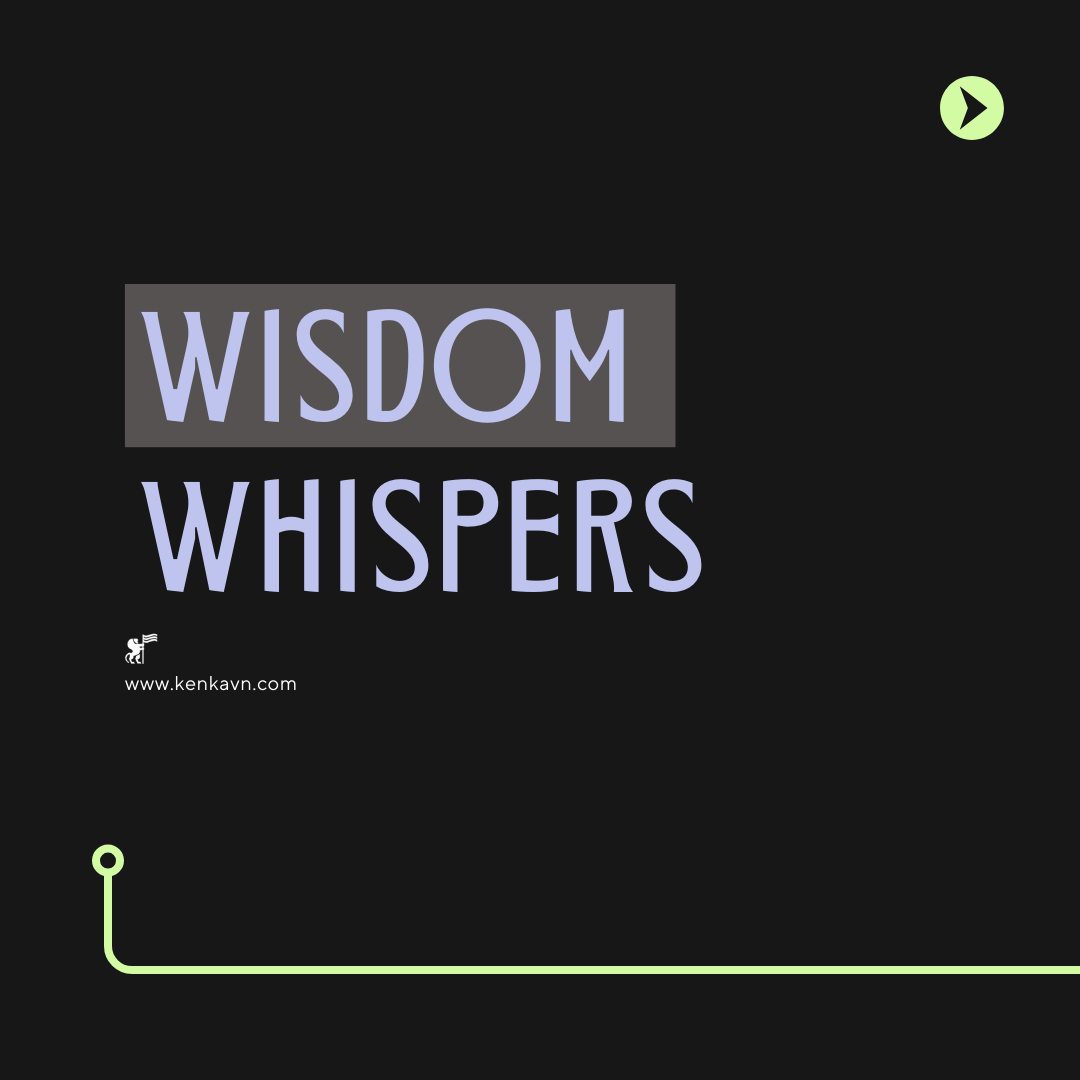
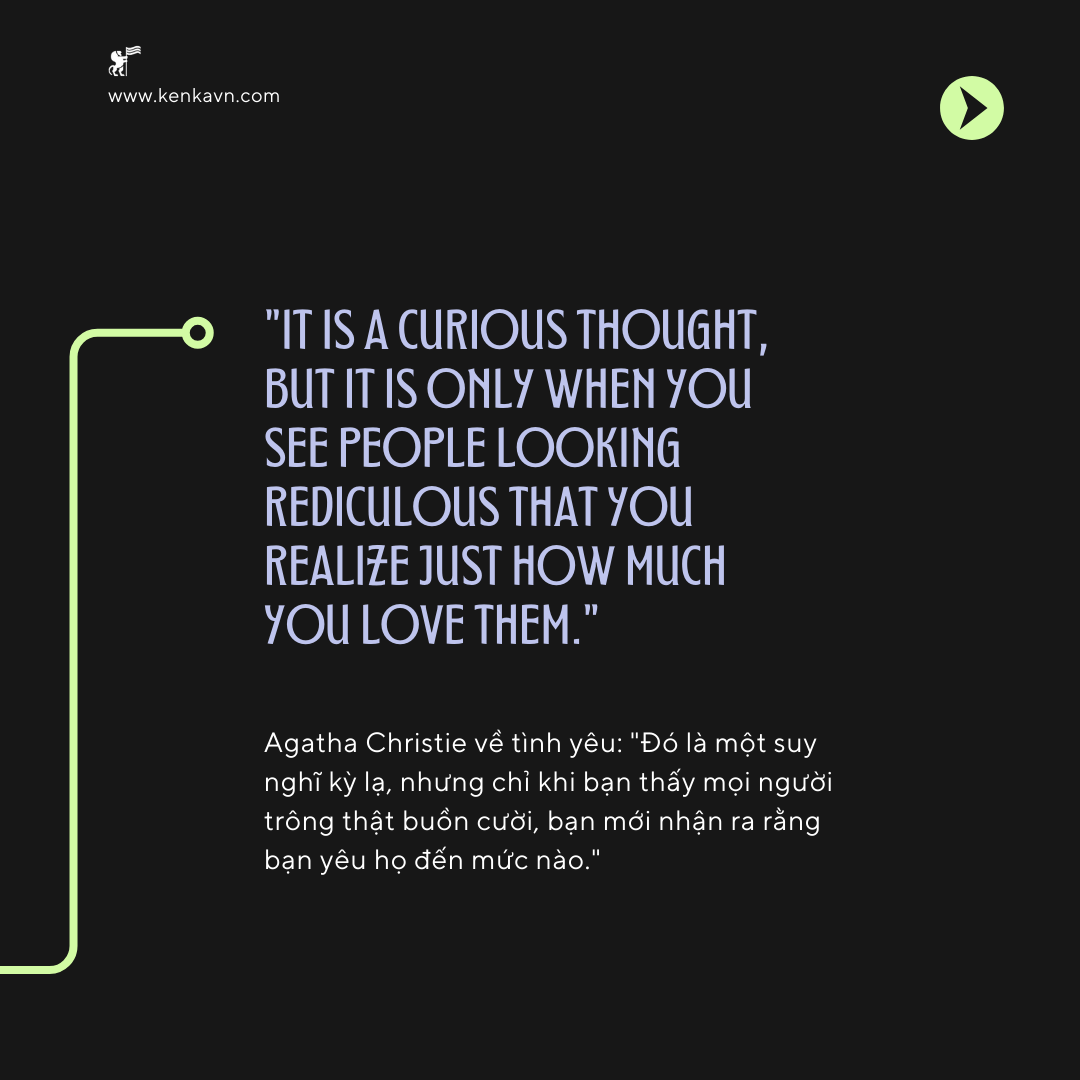
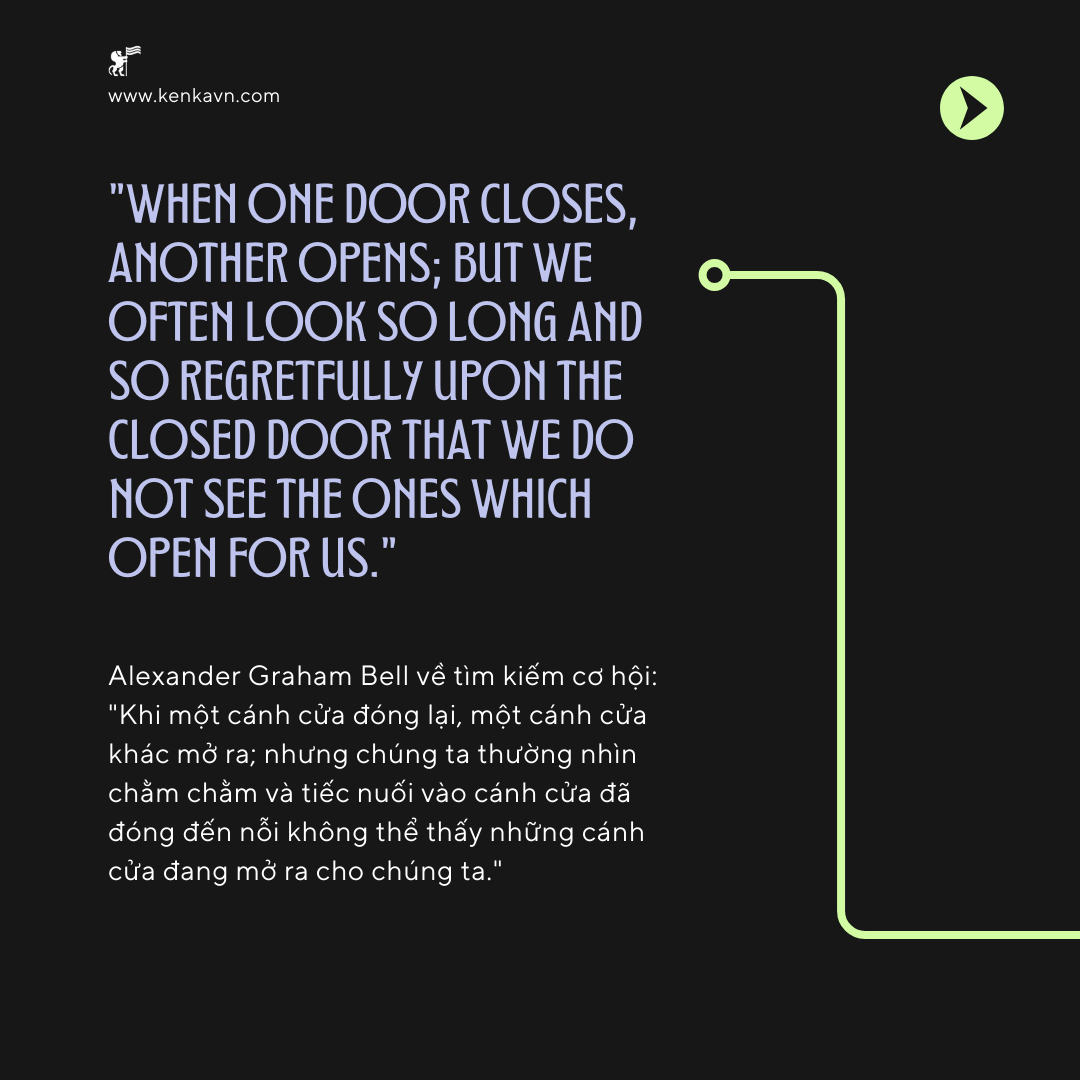
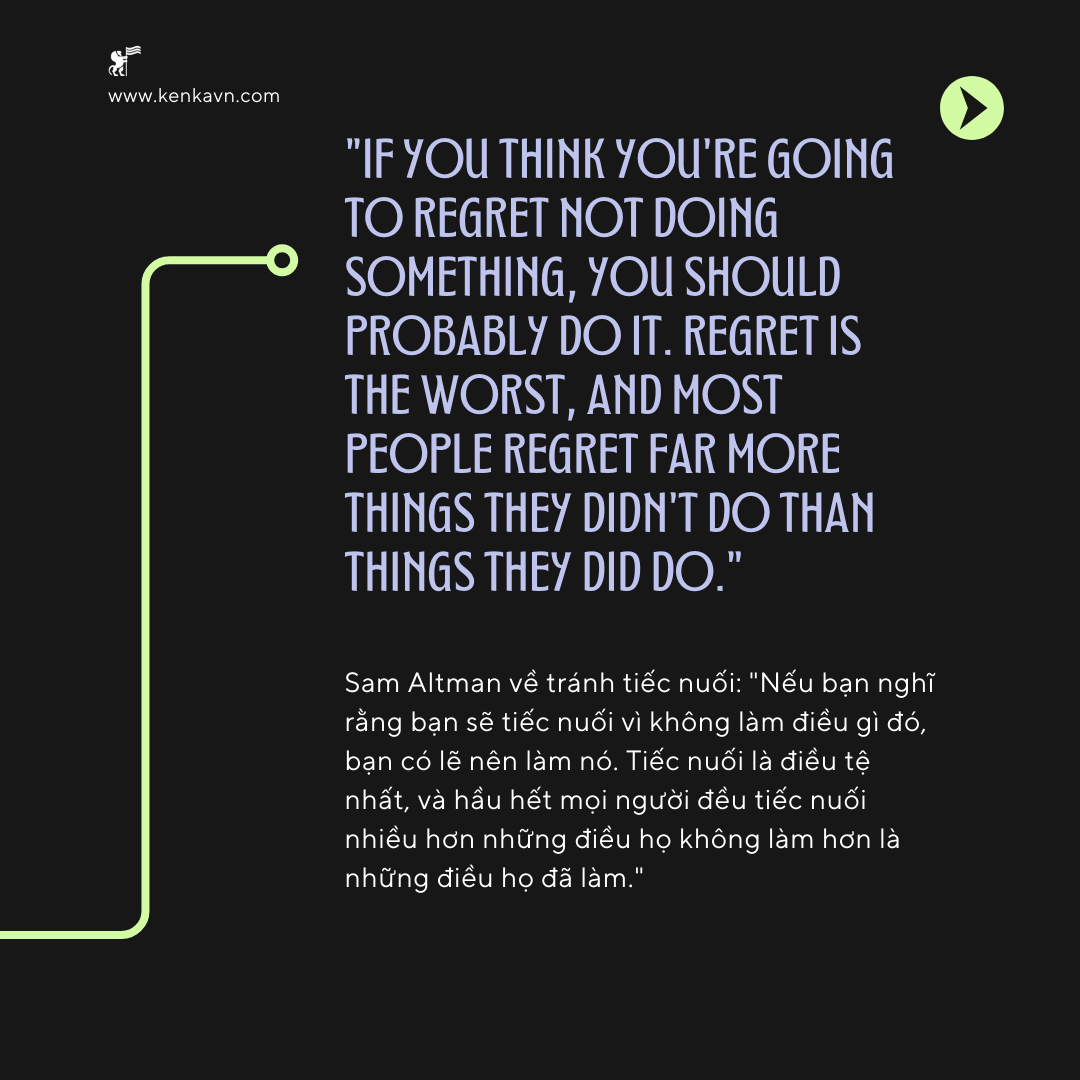
Mental Model
V2 | Physics | Relativity
Relativity is the idea that our perceptions and judgments are not absolute, but are shaped by our unique perspectives and frames of references. It's the understanding that our experiences are subjective.
We each inhabit a particular web of experiences. This context shapes how we see the world, what we notice and overlook, what we value and dismiss.
Two people can look at the same event and come away with vastly different interpretations based on their uniqe frames of reference. Consider two people standing in the same room: They experience the same absolute temperature differently. One can feel hot while the other feels cold, even though the temperature is the same.
However, relativity is not the same as relativism— the idea that all perspectives are equally valid. Recognizing the relativity of our perceptions doesn't mean we don't have to make judgments about validity. Rather, it's a call to examine our assumptions, seek out diverse perspectives, and expand our frames of reference,
We all have blind spots— things we cannot see. Understanding that our perceptions are relative allow us to open ourselves to other ways of seeing. If you're wondering where to get started, try asking others what they see that you can't. Apply your judgment to their responses and update your beliefs accordingly.
— Source: The Great Mental Models v2: Physics, Chemistry, and Biology
Credit: Thanks to @farnamstreetblog.com














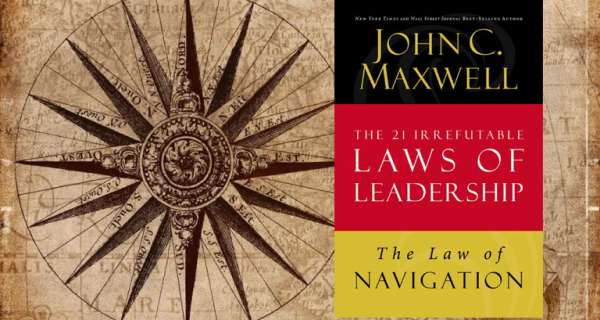

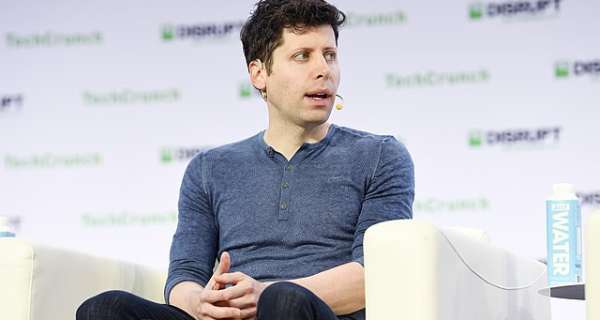



0 Comments